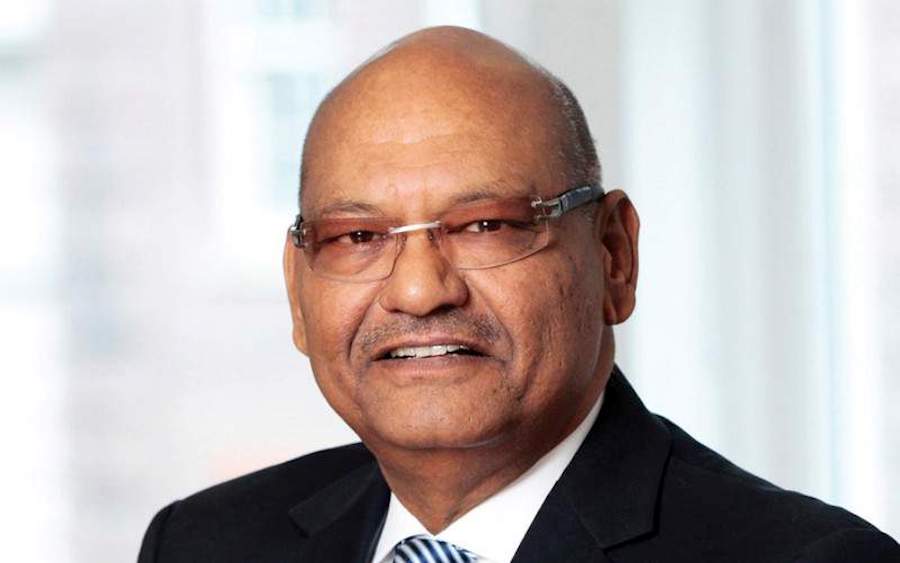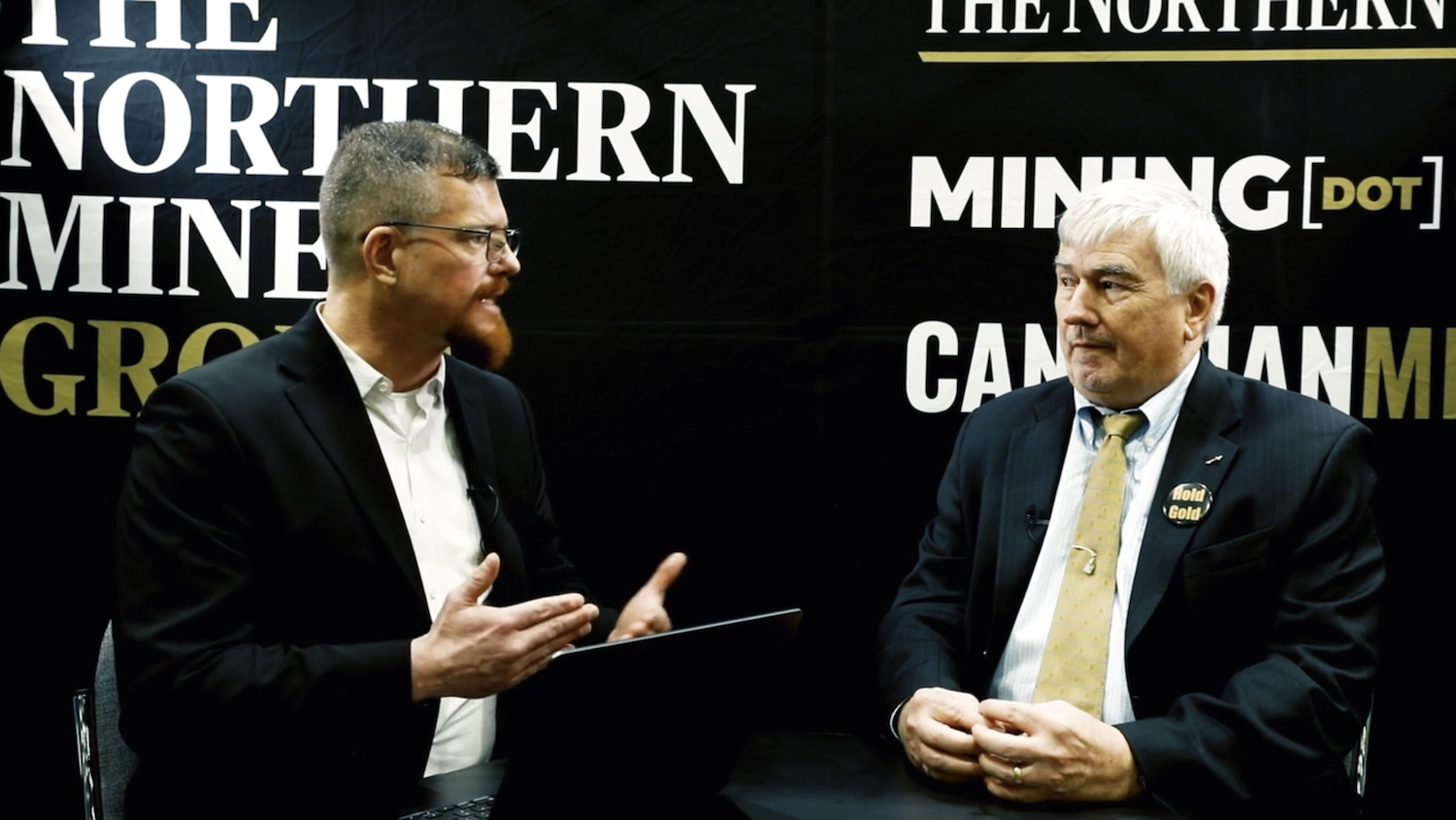Billionaire commodities dealmaker squeezed by rising rates

Anil Agarwal supercharged his rise from scrap metals trader to billionaire commodities magnate by embracing bold acquisitions and lots of debt.
But that decades-long playbook is now being put to the test as rising borrowing costs complicate Agarwal’s efforts to clinch a buyout of the publicly traded crown jewel of his globe-spanning empire. His battle for control over Vedanta Ltd. is highlighting the risks for indebted tycoons in India and around the world as interest rates climb from historic lows and family businesses grapple with complicated holding structures.
The stakes are high for Agarwal, whose personal holding company has amassed about $7 billion of debt and faces a far less receptive bond market than it did in early 2020. Winning full control of Vedanta’s cash-rich balance sheet would help Agarwal meet those liabilities.
But Vedanta stockholders have already rejected one takeover bid from Agarwal. And the stock is now trading at a 40% premium to his follow-up offer for a tenth of the company in January, suggesting he’ll have to sweeten terms to secure a deal.
The billionaire, who serves as Vedanta’s chairman, is at the same time fending off allegations from a London-based hedge fund that loans made by Vedanta to Agarwal’s holding company represented an “improper transfer of value.” Vedanta has said the loans, which were disclosed in stock exchange filings, reflect its “disciplined approach to treasury management and capital allocation.”
Vedanta shares are now trading at about 226 rupees compared with the 160 rupees Agarwal has offered — showing the precarious balancing act the tycoon must now navigate in pulling off any deal.
“The stock is not so beaten down that he can buy out the minority shareholders at a low cost,” said Shriram Subramanian, managing director and founder at proxy advisory firm InGovern Research Services Pvt.
Representatives for Vedanta Resources, Agarwal’s personal holding company, and Vedanta Ltd., the listed unit, declined to comment on the bid or the hedge fund allegations. Vedanta Resources has about $7 billion in net debt according to the company and a S&P Global Inc. assessment published in January.
Even as Agarwal attempts to gain more control over Vedanta, he has other big irons in the fire. The tycoon is separately in the midst of setting up a $10 billion fund with London-based private equity firm Centricus Asset Management Ltd. that will focus on finding bargains as the Indian government divests state assets worth 2.1 trillion rupees ($28.7 billion). The alliance with Centricus is in Agarwal’s personal capacity and will be independent of his Vedanta Resources, according to people familiar with the matter. Vedanta declined to provide details on the fund.
The tycoon pulled off a string of similar acquisitions twenty years ago, buying and expanding metal companies the Indian government was selling as part of a divestment program at the time. Along the way he gained a reputation for brokering difficult deals. At 67, he now has a net worth of about $2.6 billion, according to the Bloomberg Billionaire’s index.
In 2001, when attempting to buy an aluminum company, funding seemed hard to come by but Agarwal went on what he was later to call a public relations campaign, touting the deal as one of the biggest in India and inviting tenders from banks. Soon he had more financing than needed.
Vedanta Resources became the first Indian company to list in London in 2003, though Agarwal has since taken it private. When he wanted to hire the former head of BHP Billiton to head his business, he cycled with him between London and Oxford, he said at an event broadcast by an Indian media company in 2016.
“He has an uncanny way of turning around companies and metals is his forte,” said Sanjiv Bhasin, a director at investment management firm IIFL Securities Ltd. in Mumbai.
Commodities swings
But the past year brought in a string of fresh challenges for Agarwal. As the pandemic fueled a plunge in commodity prices in 2020 and resulted in record sub-zero oil prices, research firm CreditSights suggested that bonds at holding firm Vedanta Resources may be worth close to zero in the event of a default.
At the heart of the analysts’ views were concerns about Vedanta Resources’ ability to access the cash at its money-spinning Indian units. Things have improved since then, partly because of an upward swing in commodities.
A December bond raised by the holding company helped fund a tender offer for the notes due in 2021 – taking away a major refinancing risk, albeit at the expense of much higher borrowing costs. The firm had to pay about 13.9% for that bond sale which raised $1 billion – the most it has had to pay on any of its outstanding public dollar bonds.
Vedanta reported the best profit in almost three years for the quarter ending December aided by the rebound in commodities, and India Ratings and Research last month revised its outlook to stable from negative.
Vedanta Resources’ 6.375% 2022 note is indicated at about 96 cents on the dollar, up from as low as about 33 cents in March last year.
Changing markets
Vedanta Resources issued a $1.2 billion bond in February, drawing strong investor demand. That could potentially allow the company to use proceeds to purchase more shares at Vedanta, as well as pay back existing debt. Moody’s Investors Service Ltd. in February said Vedanta Resources now has enough cash to last it through the year, but also noted the risks that remain, especially on the liquidity front, as the holding company faces challenges in refinancing upcoming debt maturities.
Vedanta Resources has $3.3 billion due between April 2021 and September 2022, only 65% of which will be covered by the dividends from its units, according to the Moody’s report. At the same time, interest rates are rising and Vedanta’s share price is on a steady upward march. That backdrop only makes it harder for Agarwal to pull off an acquisition of the listed business.
“There is a bullish cycle underway both in terms of the commodity supercycle and the general stock market bullishness as well,” Subramanian said. “So I don’t think investors will be keen to sell.”
(By Swansy Afonso and Bijou George)
{{ commodity.name }}
{{ post.title }}
{{ post.date }}




Comments